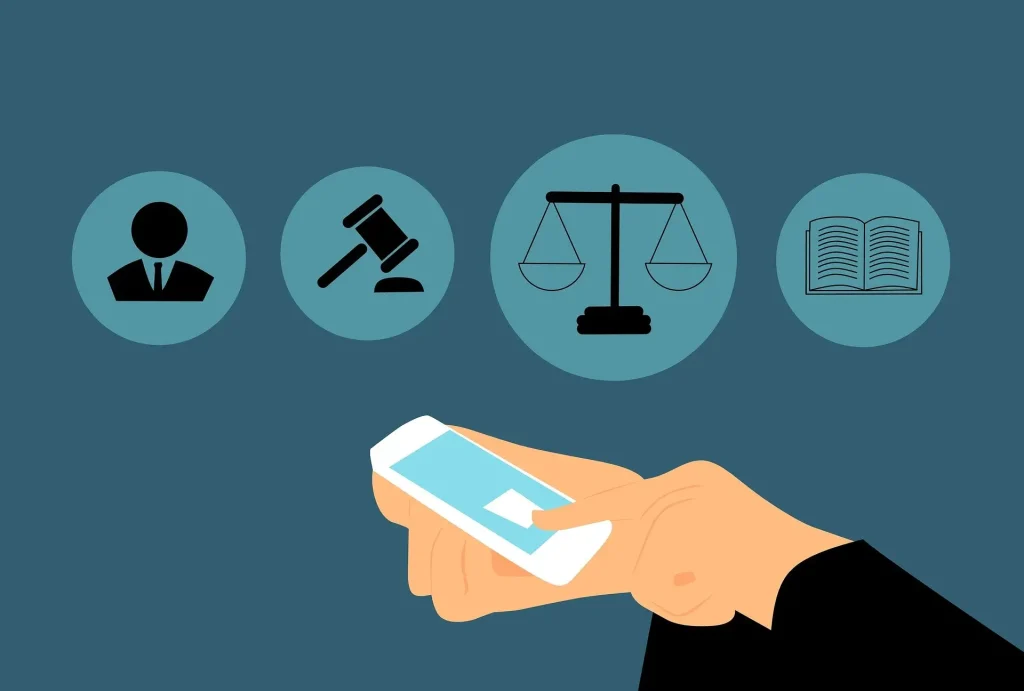As Poslovni writes, digital transformation is a process that has been going on for some time. In Croatia, more than 1,700,000 citizens use the e-Citizens platform, which sets new standards for communication between citizens and public administration. In terms of digital literacy, which, along with connectivity, is a crucial element for a successful digital transformation, Croatia is above average, especially because young people in Croatia are at the very top of the EU in this category.
“There is no doubt that Croatia has a future, our young people are digitally literate and above average, and this guarantees that everything we’re doing today makes sense. All the steps we will take in the next few years will transform Croatia and, through digital transformation, set new standards of communication, business, and learning,” states Secretary of State Bernard Gršić.
Areas in which we are below the EU average, such as public services and connectivity, are challenges for which we have a clear plan, not only how to make up for the backlog but also to significantly improve Croatia’s position.
“It is this Strategy that provides an answer to the question of “what” and “how,” and I use the opportunity to invite all Croatian citizens to get involved to propose initiatives that can speed up and improve the process of digital transformation. This is a process that has no alternative, and its goal is to create assumptions that we can be agile, fast, and productive and, in this way, improve the standard of living of all Croatian citizens”, notes Bernard Gršić, head of the Central State Office for the Development of Digital Society.
After the State Secretary, Gordan Kožulj, Director of the Business Consulting Department at Deloitte, addressed the media and pointed out: “With this Strategy, we want to set public policy priorities that stimulate technological development and innovation, the digital competencies of citizens and the increase in the number of experts in information-communication technologies and the application of advanced technologies in public and market activities. We want Croatia to be a country of digitally and economically competitive companies and digitized public administration with personalized public services in 2032.”
In conclusion, fostering a participatory model of cooperation in creating the Strategy, more than 100 representatives from 41 organisations, including state institutions, the academic community, and the private sector, have contributed to the content of this Strategy through the Expert Working Group and four sub-groups. Through e-consultation, all other interested citizens can comment on the text of the draft Strategy before its finalisation.
The e-consultation can be found at the link Draft proposal of the Digital Croatia Strategy 2032.
For more, make sure to check out our Lifestyle section.








